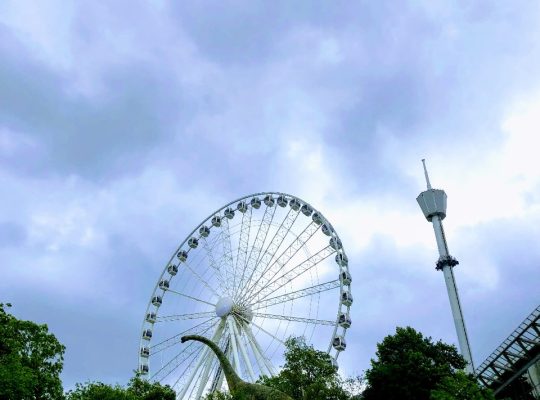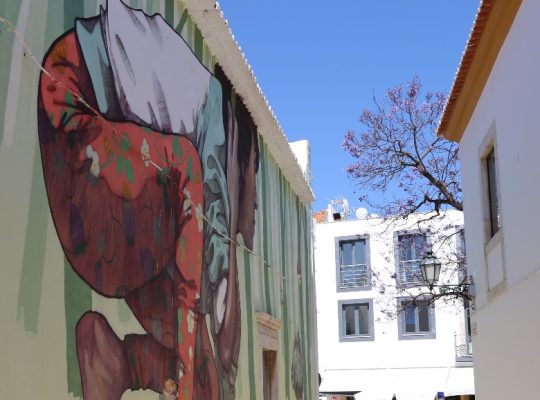A few years ago, I had a moment of realization that changed the way I think about leadership. I was working on a particularly thorny challenge one of those problems that doesn’t have a clear solution, just layers upon layers of shifting variables. At some point, I found myself longing for a simpler time, a steadier ground beneath my feet. But then I came across an idea that reframed everything: What if stability isn’t coming? What if the bridge we’re on now stretches endlessly into the future, and leading today means learning to walk or even dance on a bridge that never stops shaking?
This is one of the most compelling ideas from Jennifer Garvey Berger’s piece, Growing Complex. She writes about how, in the past, disruptions were seen as a bridge between two steady states: a war, a crisis, or a recession, leading from one form of stability to another. But today, the bridge itself is our new reality. Change isn’t an event; it’s the default setting.
For leaders, professionals, and anyone trying to make sense of this world, this is a critical shift in mindset. We often approach leadership as if we’re navigating toward a place where things will settle, where we’ll get “on top” of complexity. But what if true leadership isn’t about controlling uncertainty, but about growing complex enough to thrive within it?
Jennifer explains that the way we’ve traditionally understood the world is no longer enough to keep up with its complexity. She draws on adult development theory to show that as we grow, our thinking also needs to evolve. Many of us start with a “socialized mind,” where we rely on external rules, expectations, and norms to guide us. Some move beyond this to a “self-authored mind,” where we create our own beliefs and shape our own path. But in today’s fast-changing world, the most effective leaders develop a “self-transforming mind” one that stays open to new perspectives, adapts quickly, and makes sense of uncertainty rather than fighting against it.
She also reminds us that our sense of control is often an illusion—something she experienced personally when faced with challenges in her own life. Rather than trying to hold onto a past version of herself, she leaned into change, recognizing that transformation was the only path forward. This lesson applies to all of us: the world won’t return to what it was, and neither will we. The only real question is how we choose to grow through it.
For anyone grappling with today’s unpredictable world, this essay is a must-read. It doesn’t just offer insight it offers a roadmap for growing into the kind of leader who can meet the complexity of our time.
Take a moment, read it, and ask yourself: How are you growing complex enough to meet the complexity around you?







